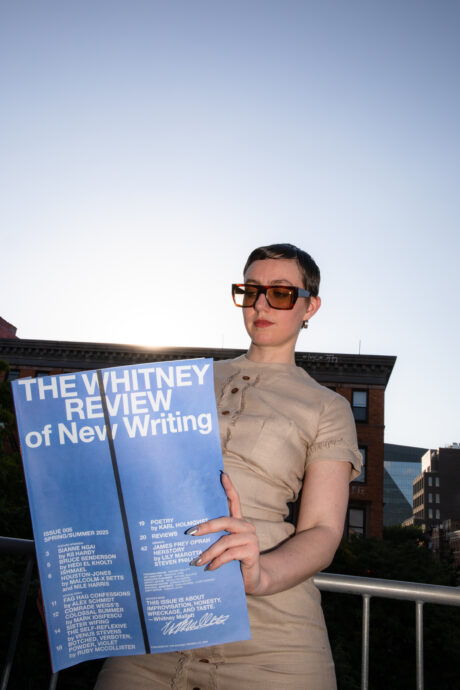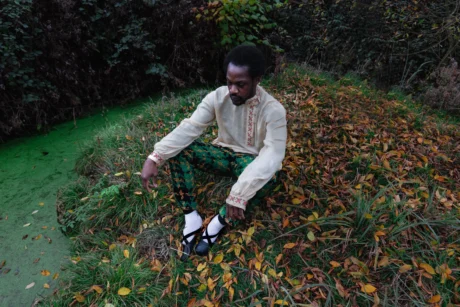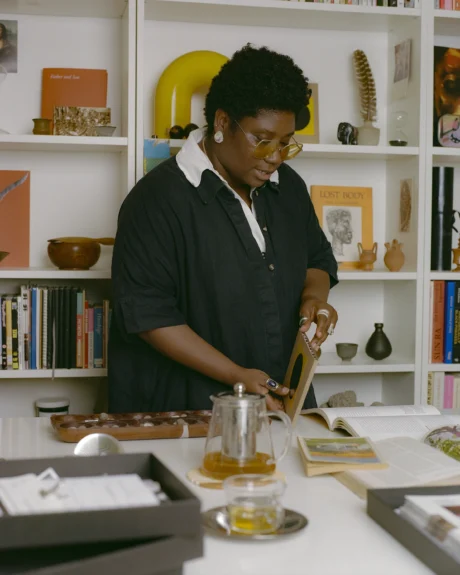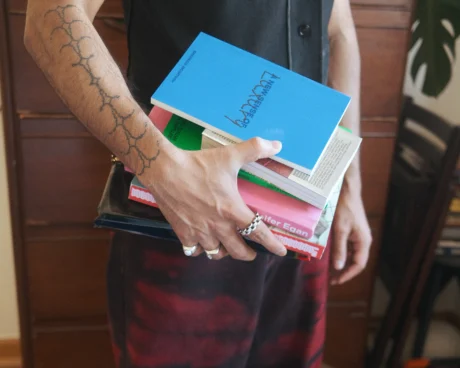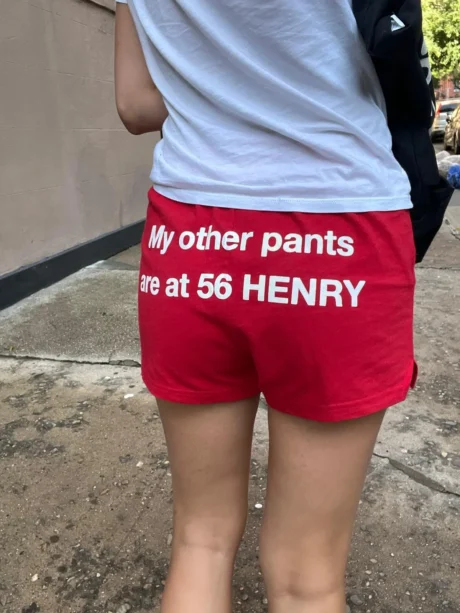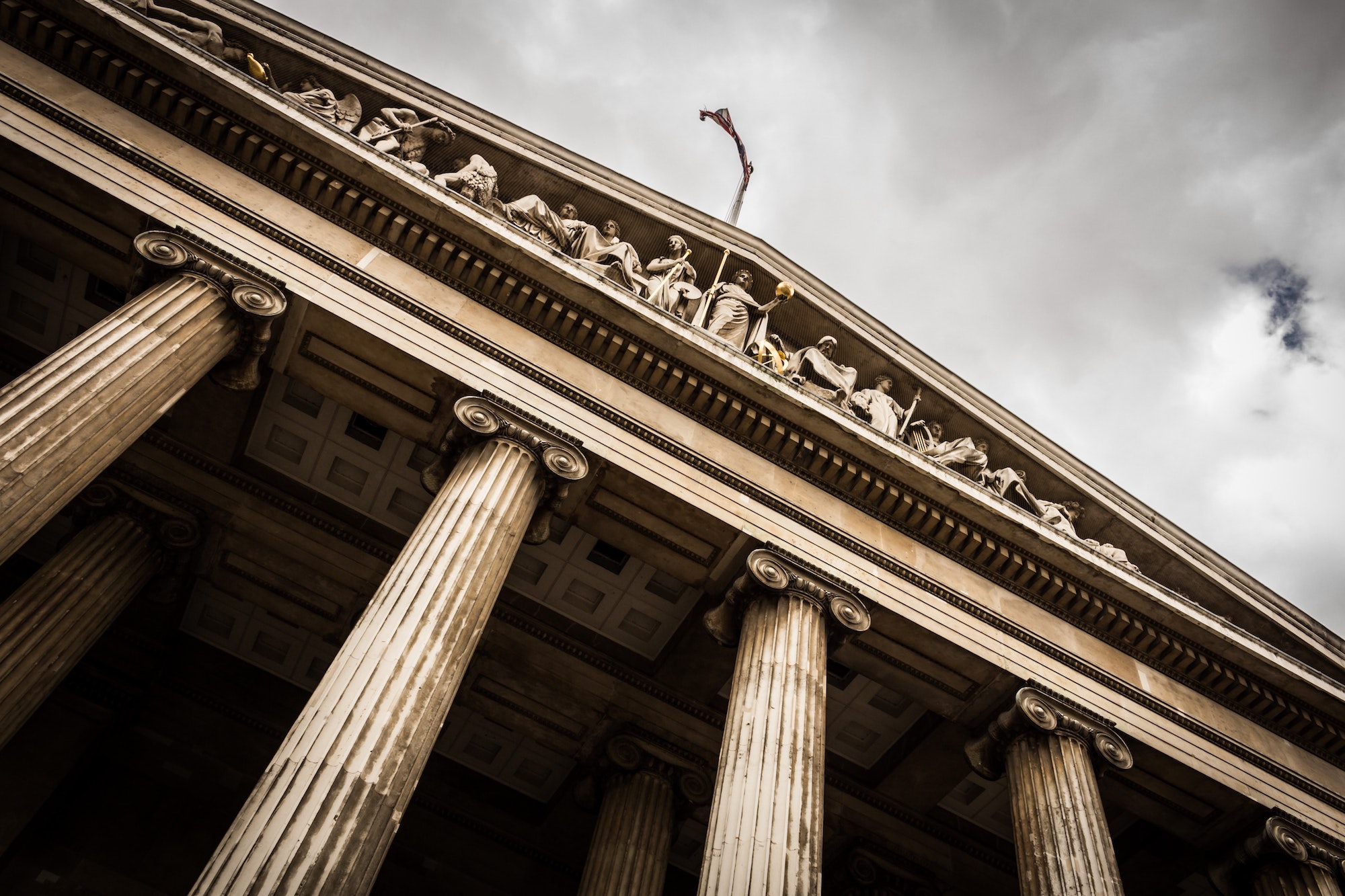
“Buller, Buller!” was the cry as they smashed places up. Now a former member of Oxford University’s Bullingdon Club, a student group famed for acts of public vandalism, is to chair the board of trustees of the British Museum. They were immortalised in Evelyn Waugh’s 1928 novel Decline and Fall as the ‘Bollinger Club’. A posed photograph of the Bullingdon class of 1993 shows George Osborne standing at the edge of the group. Hands on hips in his dark blue tailcoat, mustard yellow waistcoat and white bow tie, he looks into the middle distance. 28 years later, how much damage could he do?
“The real concern is what this appointment says to the rest of the sector,” Alex Sobel MP, the Shadow Minister for Tourism & Heritage, tells me. As Chancellor of the Exchequer between 2010 and 2016, Osborne oversaw cuts to public funding through the post-crash austerity programme. Many saw this as cultural vandalism. In 2017 the Mendoza Review of Museums in England found that museum funding had been reduced by 13% over the previous decade, with some museums seeing larger cuts, and others closing altogether. “All the evidence suggests he only knows how to denude our cultural sector,” Sobel concludes.
Others have concerns over Osborne’s connections with the oil industry, given the current debate about whether the British Museum’s sponsorship deal with BP will end. The activist group Culture Unstained has successfully campaigned for oil sponsorship to be dropped by the Royal Shakespeare Company, National Theatre, National Galleries Scotland, Southbank Centre and BFI. They have published seven reasons why in their view Osborne would have a conflict of interest on this question.
“As Chancellor of the Exchequer, Osborne oversaw cuts to public funding through the austerity programme. Many saw this as cultural vandalism”
Of most concern across the cultural sector, however, is how the former Tory minister’s appointment fits into the British government’s approach to “arms length” cultural organisations. A warning shot was fired in February when Culture Minister Oliver Dowden called a summit
of cultural and heritage bodies, underlining his three-line whip on so-called ‘contested heritage’.
Then last month Sir Charles Dunstone, the billionaire founder of Carphone Warehouse, quit as Chair of the Board of Trustees of Royal Museums Greenwich in protest at a ministerial refusal to reappoint Dr Aminul Hoque, an academic based at Goldsmiths, University of London, as a trustee. Professor Frances Corner OBE, the Warden of Goldsmiths, stated that “this decision may well be seen as part of a pattern in which a government that claims to champion free speech in fact seeks to cancel honest and open debate”.
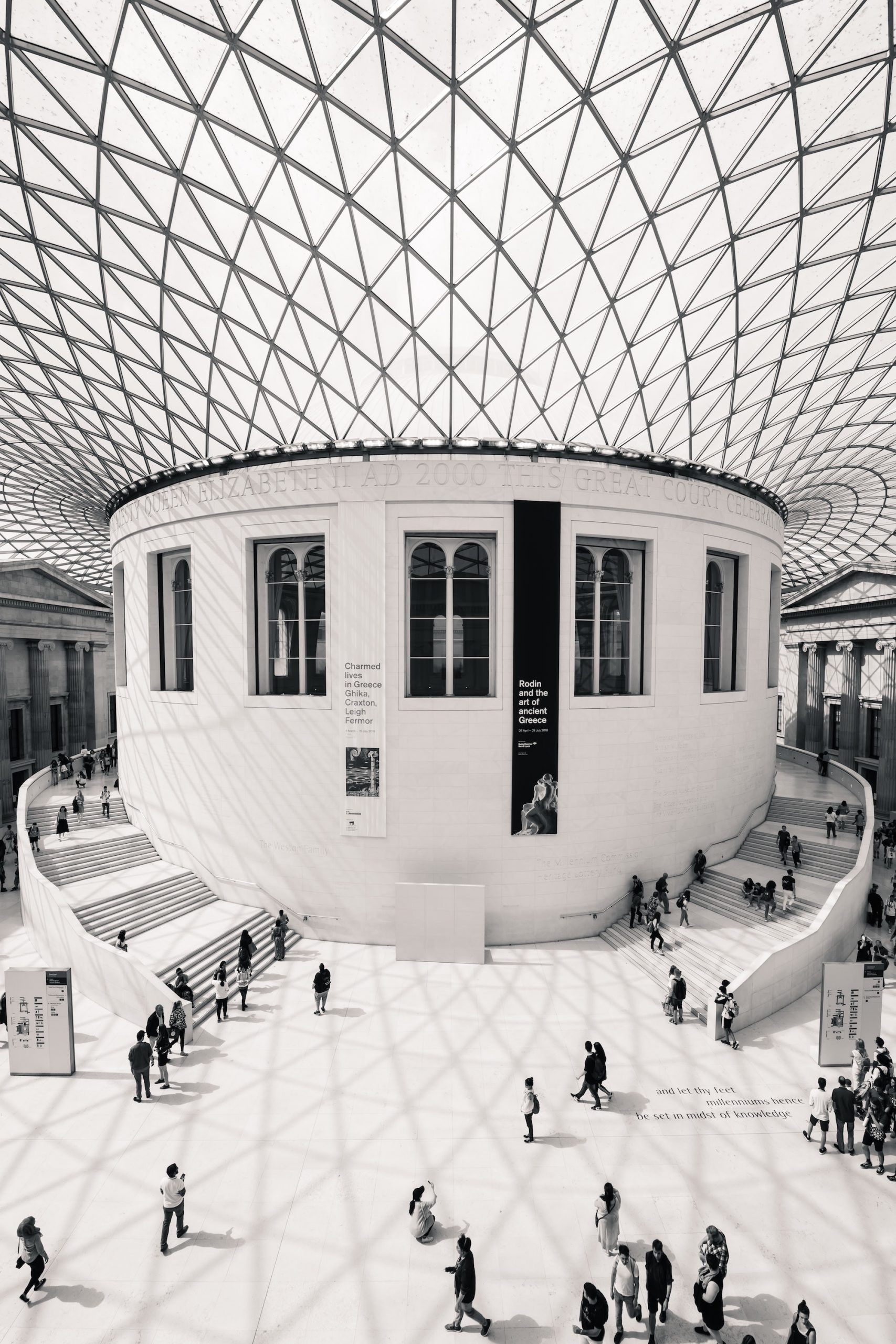
The next day it emerged that Dr Sarah Dry was withdrawing her application to renew her trusteeship at the Science Museum in protest at being asked “explicitly to express support” for government policy. The departure of Tony Hall from his role as Chair of the Trustees of the National Gallery opened up another key position. Then in a column for the Sunday Telegraph on 15 May, Dowden confirmed that he was taking an interest in the composition of trustee boards, which should not in his view be “solely governed by people from metropolitan bubbles”. “I want a grandparent in Hartlepool or Harwich to feel as represented by their decisions as a millennial in Islington,” he wrote.
“George Osborne is no Hartlepool granny. And concerns about curatorial freedom are increasingly being raised”
Osborne is no Hartlepool granny. And concerns about curatorial freedom are increasingly being raised. Former Labour Culture Secretary Chris Smith has cautioned against a politically interventionist approach to cultural institutions, warning against any “centrally-directed sense of what museums should be doing” from government. Similarly, Museums Association Director Sharon Heal has underlined the importance of curators retaining editorial integrity and resisting “attempts to influence content and interpretation by interest groups, including funders”.
The damage done by ministerial diktats, threats of funding cuts, and purging trustee bodies creates a chilling effect across the sector. The British Museum is not a good thing “in and of itself,” Ahdaf Soueif wrote
on resigning her trusteeship in 2019. “It is good only to the extent that its influence in the world is for the good.” The risk is that content produced in a culture of fear will quite simply not be very good. And that through sustained inaction on current questions, such as around returning the British Museum’s Benin Bronzes looted in the British punitive expedition of 1897, London will simply be left behind as the rest of the world moves forward.
“The Bollinger seem to be enjoying themselves,” Paul Pennyfeather observes in the final lines of Decline and Fall. “Whose rooms are they in this time?” It’s quite possible another arms-length body chair position will go to a former Bullingdon Club member by Christmas, and that the cultural vandalism will gather momentum and pace.
But is it equally possible that, from a right-of-centre progressive position, Osborne has little time for the government’s opportunistic, jingoistic, parochial and increasingly incoherent threats and attacks on arts, cultural and educational institutions? Perhaps, in taking up this role, Osborne is not joining Dowden’s punitive expedition against museums. Is there a chance that he could represent an unlikely figure of resistance to the Johnson administration’s Bullingdon-boy trashing of culture on a nationwide scale?
“As governments across Europe embrace questions of diversity, repair and global relationships, England looks more isolated on culture by the day”
On the same day that George Osborne’s appointment was announced, National Museums Scotland published its procedures for cultural restitution. The difference with the British Museum in tone, in vision and in global ambition for culture could hardly be more stark. As governments across Europe, as well as in the UK’s devolved nations, embrace contemporary questions of diversity, repair and global relationships, England looks more isolated on culture by the day.
Osborne knows this. Time will tell whether, in this key role, the former Chancellor will advocate for freedom of speech, for community-led programming, for the restitution of stolen art, for anti-racism and for curatorial independence in cultural institutions like the British Museum. And, perhaps, for increased arts and culture funding beyond London, undoing the enduring effects of austerity. Or we will come to learn that, after a decade of austerity, this is just the start of another vandalistic Bullingdon jolly, opening a new front in the Tories’ punitive expedition against Britain’s cultural sector.
Dan Hicks is Professor of Contemporary Archaeology at the University of Oxford and the author of The Brutish Museums
